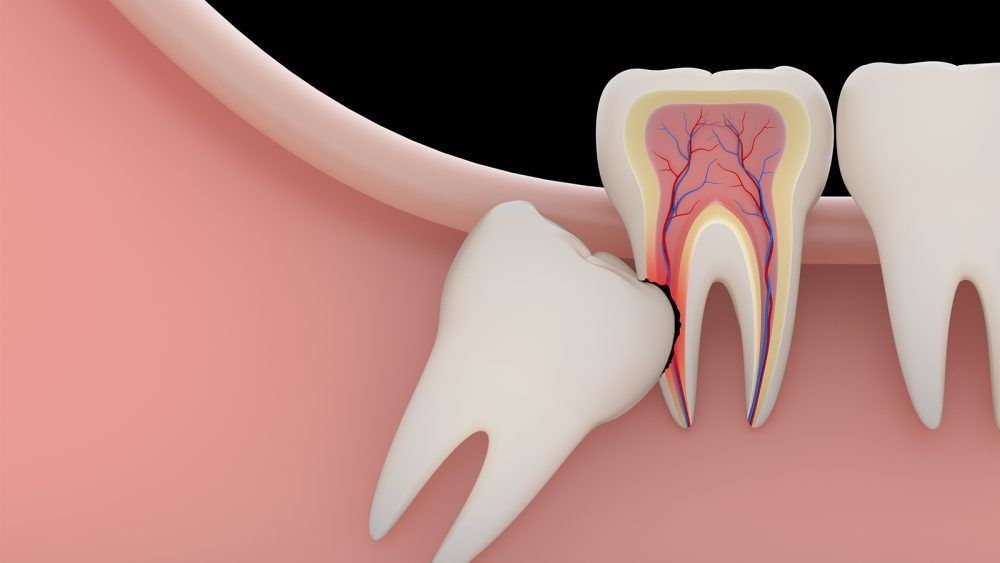A tooth extraction can be essential for various reasons, but two are tooth decay and severe damage. Tooth extraction or removal is a dental process. In contrast, the tooth is entirely prevented from the tooth’s socket, and some individuals generally call this process pulling a tooth.
Some emergency dentist and healthcare providers at dental extraction near me suggest securing natural teeth if you carry dental injuries like tooth luxation, severe gum disease, crowded teeth, impacted teeth, fractured teeth, or painful cavities.
Your tooth removal process will be surgical or easy depending upon the tooth which is impacted or visible.
Surgical extraction- You would probably carry local intravenous and anesthesia, making you relaxed and calm. You can also receive general anesthesia, depending on any medical situation. You will stay uncomfortable during the process with simple anesthesia.

Easy extraction- You would likely find a common anesthetic, which is senseless in the place near your tooth. That’s why you’ll experience only stress, not irritation or pain, during the process. The doctor or dentist will use a lift to un-tight the tooth and sticks to extract it.
The standard dental surgeon or dentist will break your gum with a small cutter. They can require you to avoid bone near your teeth or break your tooth previously it can be removed.
What are the risks involved during the tooth extraction?
There are some risks associated with undergoing dental tooth extraction. However, your dentist will suggest a process which includes the benefits but probably a slight chance of complexities. Generally, after tooth extraction, a blood knot is generated in the socket.
A socket is a space in the jawbone when the tooth is removed. If the blood cluster doesn’t dislodge or form, the jawbone in the socket may be cleared and is mainly described as a dry socket. If this occurs, you should visit an emergency tooth extraction near me, so the healthcare provider will secure the place by dressing on it, and it will continue for some days. At this time, a new cluster will generate.
Some various risks include:
- redness and swelling at the surgical site
- shortness and chest pain of breath
- cough
- vomiting or nausea
- signalling, chills and severe fever and infection
- bleeding that exists for more than 12 hours

What is the restoration period for tooth removal?
It generally takes some days to restore after the extraction of the wisdom tooth. And for wisdom tooth pain relief, some steps will help and guarantee your restoration will go streamlined.
- You may reintroduce new foods and meals into your daily routine as you will heal for the next few days.
- Add salt with a measurement of half-teaspoon to 30 millilitres of warm water to rinse your mouth after 24 hours.
- Eat soft meals like applesauce, pudding, and yogurt.
- Brush your teeth like always, but remember to avoid the removal side.
- And dont rinse for a day after tooth removal and split slowly.
Conclusion
The most popular and general dental process is tooth extraction which may terminate infection and bacteria and improves overall dental health. If you have some doubts about dentures cost, then you can also contact the nearest dentist.
Article Source : https://www.gohealthtips.com/what-is-the-process-of-tooth-extraction/